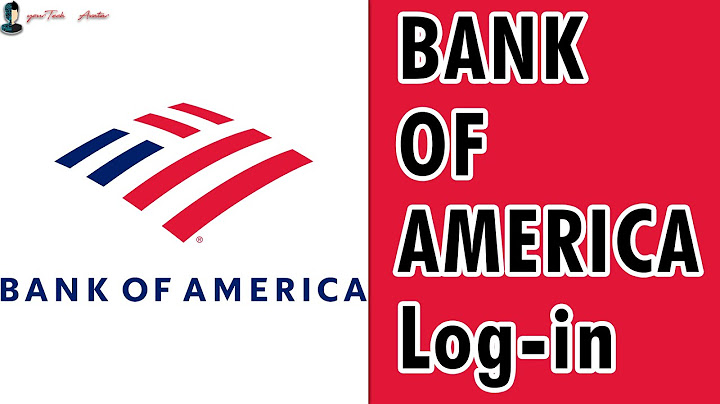HSA vs. FSA vs. HRAHealthcare Account comparisonHealth Savings Accounts (HSAs), Healthcare Flexible Spending Accounts (FSAs), and Health Reimbursement Arrangements (HRAs) each let members use tax-advantaged dollars to pay for qualified medical expenses. But there are some important differences to keep in mind. Show Which one will benefit me the most? Consider an HSA if you want to…
 Consider an FSA if you want to…
 Consider an HRA if you want to…
Side-by-side comparisonHealth Savings Accounts (HSAs), Healthcare Flexible Spending Accounts (FSAs), and Health Reimbursement Arrangements (HRAs) each let members use tax-free dollars to pay for qualified medical expenses. But there are some important differences to keep in mind.
Want more?1HSAs are never taxed at a federal income tax level when used appropriately for qualified medical expenses. Also, most states recognize HSA funds as tax deductible with very few exceptions. Please consult a tax advisor regarding your state’s specific rules.Return to content 2Investments are subject to risk, including the possible loss of the principal invested, and are not FDIC or NCUA insured, or guaranteed by HealthEquity, Inc. Investing through the HealthEquity investment platform is subject to the terms and conditions of the Health Savings Account Custodial Agreement and any applicable investment supplement. Investing may not be suitable for everyone and before making any investments, review the fund’s prospectus.Return to content 3FSAs are never taxed at a federal income tax level when used appropriately for qualified medical expenses. Also, most states recognize FSA funds as tax deductible with very few exceptions. Please consult a tax advisor regarding your state’s specific rules.Return to content 4In addition to restrictions imposed by law, your employer may limit what expenses are eligible for reimbursements. It is the members’ responsibility to ensure eligibility requirements as well as if they are eligible for the plan and expenses submitted. Return to content 5Some employers offer a base contribution and/or a contribution match. Please carefully review your annual enrollment materials to find out what’s available.Return to content 6HRA must be limited in scope to preserve HSA.Return to content |

Related Posts
Advertising
LATEST NEWS
Advertising
Populer
Advertising
About

Copyright © 2024 pauex Inc.
















